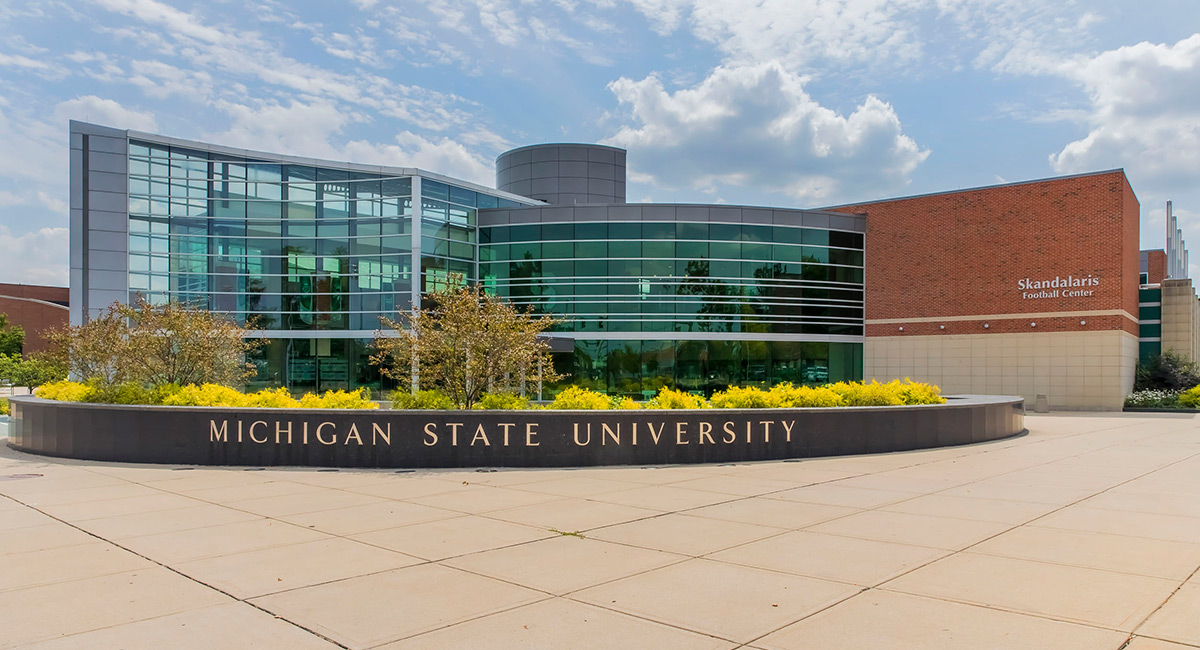While the Covid-19 pandemic has in many respects been an unmitigated disaster for American higher education, there has been one small silver lining: when unemployment rises during recessionary times, usually that increases college enrollments. Recently unemployed workers reason they should use newly idle time to improve their academic credentials, making themselves more marketable in the future. In economics lingo, the opportunity cost of going to college falls, since there is no longer a big loss of income associated with it.
With this in mind, some predict that the higher education enrollment declines many are forecasting for this fall will not happen; indeed, total enrollments could actually rise. It is interesting to note that that has been the experience in past downturns, including the biggest of them all, the Great Depression of the 1930’s. In fall 2010, three years after the Great Recession begun, enrollments were 15% higher than in the fall of 2007, just as the recession was beginning. This, however, was a mixed blessing from the collegiate perspective: as subsidies from state college appropriations were falling, colleges found they had to do more with less—far fewer dollars per student.
Yet Strada Education Network has some new polling data suggesting that possibly this downturn may have a somewhat different outcome—-while a lot of newly unemployed seem interested in further educational training, they seem especially prone to look for non-degree programs teaching special skills, for example coding academies or training for other IT type jobs.
Strada, cooperating with Inside Higher Education, surveyed more than 11,000 persons between March 25 and June 11. About 25% of respondents said they would seek additional training or degree programs if they lost their jobs, consistent with past behavior in recessions. But the interesting thing is that a total of 62% of those said they would prefer to enroll in non-degree training programs rather than college curricula where a bachelor’s (or higher) degree was the ultimate outcome. The proportion favoring non-degree programs was even higher for those with lesser education (high school diploma or less)—around 71%.
Thus the possibility of an enrollment surge related to increased unemployment seems at best rather modest. Covid-19 uncertainties, combined with the income reductions associated with disruptions to date, make me think that we will probably have some enrollment decline this fall—as has already been the case over the past decade, and that decline could be moderately severe. The offsetting “let’s get a degree to improve job prospects” phenomenon seems to be unlikely to have a huge enrollment impact, particularly if unemployment arising from the pandemic falls in coming weeks if businesses continue to open.
So where does this leave schools? It depends. Highly selective private universities will likely have close to a full complement of students, although they may see reductions in philanthropic donations and eventually endowment income. Highly selective state universities will additionally face some reduced state support, although that has been a modest proportion of revenues in modern times. Less selective state schools will receive a double whammy: potentially serious enrollment declines along with sharply reduced state support. Liberal arts colleges with modest reputations are similarly vulnerable. I have no idea what will happen to community colleges; historically, they might have increasing enrollments from unemployed seeking to burnish their vocational potential, and partly from individuals transferring from expensive schools, seeking to get lower cost college credits closer to home.
Meanwhile, the anticipated increase in the number of shuttered schools is beginning. Last week, Johnson and Wales University announced closing two campuses, and Concordia is closing its Idaho law school. The ultimate loss of hundreds of institutions seems possible.
Amidst much talk about re-imagining higher education long-term, and some frantic short-term shedding of marginally needed personnel, ultimately we will reach a new equilibrium, but absent more attention to the three golden “I” words, information, incentives, and innovation, I do not see revolutionary structural changes coming soon. The One DuPont Circle crowd of academic rentiers led by Ted Mitchell, Terry Hartle and their disciples, aspire to a quick partial fix with taxpayer bailouts. They may succeed, but in the long run the looming federal financial crisis arising from excessive debt may thwart future subsidies of academic inefficiency.













